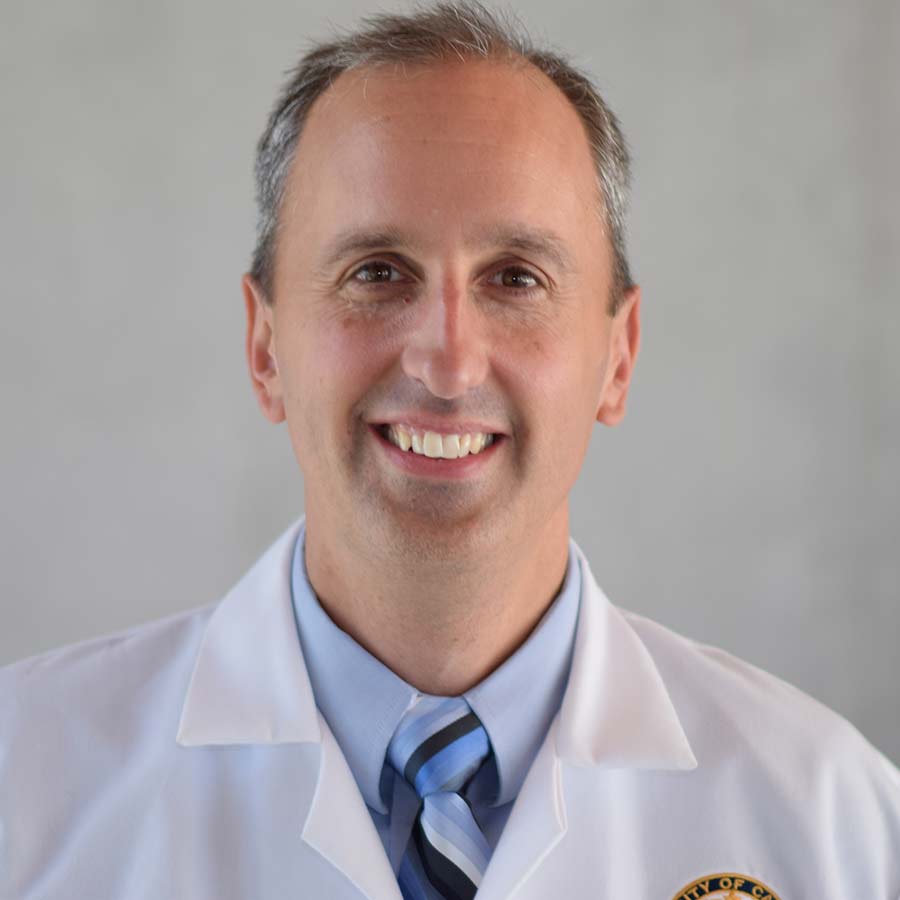Neurodegeneration Explained

What is neurodegeneration? And how will discoveries related to it affect people with glaucoma?
The latest Catalyst for a Cure initiative builds on a paradigm-shifting discovery made by the first Catalyst for a Cure team in 2006: More than a disease of the eye, glaucoma is a neurodegenerative condition, in the same family as Alzheimer’s disease.
But what is neurodegeneration? And how will discoveries related to it affect people with glaucoma?
Derek Welsbie, MD, PhD, Gleams Science Editor, explains.
Q: What is neurodegeneration?
Fundamental to many of these devastating illnesses, neurodegeneration occurs when nerve cells, the building blocks of the central nervous system, deteriorate and die.
In glaucoma, neurodegeneration affects the retinal ganglion cells in the optic nerve, disconnecting the eye from the brain, and causing blindness over time. In Alzheimer’s, it affects nerve cells in the brain responsible for memory and cognition while in Parkinson’s, it affects nerve cells involved in movement and cognition.
In many cases, these neurodegenerative diseases are thought to result from injury to nerve cell axons, the long, slender projections that conduct electrical impulses between nerve cells.
Although multiple factors distinguish these diseases, understanding these common mechanisms that lead to axon injury and/or cell death is the key to the fourth Catalyst for a Cure initiative.
Q: How will this initiative help people with glaucoma?
Glaucoma and Alzheimer’s may appear to be unrelated. After all, people with Alzheimer’s do not necessarily develop glaucoma, nor vice versa. However, both diseases share a common cause: neurodegeneration. Investigating how these illnesses are alike and how they are different may illuminate new treatments, preventative measures, and cures for multiple conditions that trace their roots to neurodegeneration.
Aging, injury, inflammation, genetics — these factors and more may play a role in neurodegeneration and could indicate potential targets for unprecedented treatments and cures for glaucoma and Alzheimer’s. First, however, we must understand why and how neurons die, key questions we will explore through the Catalyst for a Cure Initiative to Prevent and Cure Neurodegeneration.
Article by Derek Welsbie, MD, PhD. Posted on August 24, 2022

Derek Welsbie, MD, PhD
Derek Welsbie, MD, PhD is an Associate Professor of Ophthalmology at the Shiley Eye Institute, University of California, San Diego and a principal investigator in the Catalyst for a Cure Vision Restoration Initiative.